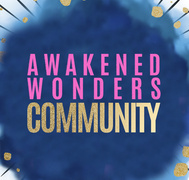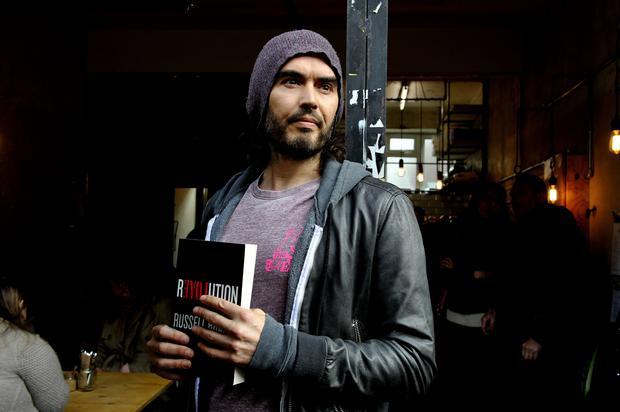"10 strategies of manipulation" by the media
Renowned critic and always MIT linguist Noam Chomsky, one of the classic voices of intellectual dissent in the last decade, has compiled a list of the ten most common and effective strategies resorted to by the agendas “hidden” to establish a manipulation of the population through the media.
Historically the media have proven highly efficient to mold public opinion. Thanks to the media paraphernalia and propaganda, have been created or destroyed social movements, justified wars, tempered financial crisis, spurred on some other ideological currents, and even given the phenomenon of media as producers of reality within the collective psyche.
But how to detect the most common strategies for understanding these psychosocial tools which, surely, we participate? Fortunately Chomsky has been given the task of synthesizing and expose these practices, some more obvious and more sophisticated, but apparently all equally effective and, from a certain point of view, demeaning. Encourage stupidity, promote a sense of guilt, promote distraction, or construct artificial problems and then magically, solve them, are just some of these tactics.
1. The strategy of distraction
The primary element of social control is the strategy of distraction which is to divert public attention from important issues and changes determined by the political and economic elites, by the technique of flood or flooding continuous distractions and insignificant information. distraction strategy is also essential to prevent the public interest in the essential knowledge in the area of the science, economics, psychology, neurobiology and cybernetics. “Maintaining public attention diverted away from the real social problems, captivated by matters of no real importance. Keep the public busy, busy, busy, no time to think, back to farm and other animals (quote from text Silent Weapons for Quiet War ).”
2. Create problems, then offer solutions
This method is also called “problem -reaction- solution. “It creates a problem, a “situation” referred to cause some reaction in the audience, so this is the principal of the steps that you want to accept. For example: let it unfold and intensify urban violence, or arrange for bloody attacks in order that the public is the applicant’s security laws and policies to the detriment of freedom. Or: create an economic crisis to accept as a necessary evil retreat of social rights and the dismantling of public services.
3. The gradual strategy
acceptance to an unacceptable degree, just apply it gradually, dropper, for consecutive years. That is how they radically new socioeconomic conditions ( neoliberalism ) were imposed during the 1980s and 1990s: the minimal state, privatization, precariousness, flexibility, massive unemployment, wages, and do not guarantee a decent income, so many changes that have brought about a revolution if they had been applied once.
4. The strategy of deferring
Another way to accept an unpopular decision is to present it as “painful and necessary”, gaining public acceptance, at the time for future application. It is easier to accept that a future sacrifice of immediate slaughter. First, because the effort is not used immediately. Then, because the public, masses, is always the tendency to expect naively that “everything will be better tomorrow” and that the sacrifice required may be avoided. This gives the public more time to get used to the idea of change and accept it with resignation when the time comes.
5. Go to the public as a little child
Most of the advertising to the general public uses speech, argument, people and particularly children’s intonation, often close to the weakness, as if the viewer were a little child or a mentally deficient. The harder one tries to deceive the viewer look, the more it tends to adopt a tone infantilising. Why? “If one goes to a person as if she had the age of 12 years or less, then, because of suggestion, she tends with a certain probability that a response or reaction also devoid of a critical sense as a person 12 years or younger (see Silent Weapons for Quiet War ).”
6. Use the emotional side more than the reflection
Making use of the emotional aspect is a classic technique for causing a short circuit on rational analysis , and finally to the critical sense of the individual. Furthermore, the use of emotional register to open the door to the unconscious for implantation or grafting ideas , desires, fears and anxieties , compulsions, or induce behaviors …
7. Keep the public in ignorance and mediocrity
Making the public incapable of understanding the technologies and methods used to control and enslavement. “The quality of education given to the lower social classes must be the poor and mediocre as possible so that the gap of ignorance it plans among the lower classes and upper classes is and remains impossible to attain for the lower classes (See ‘ Silent Weapons for Quiet War ).”
8. To encourage the public to be complacent with mediocrity
Promote the public to believe that the fact is fashionable to be stupid, vulgar and uneducated…
9. Self-blame Strengthen
To let individual blame for their misfortune, because of the failure of their intelligence, their abilities, or their efforts. So, instead of rebelling against the economic system, the individual autodesvalida and guilt, which creates a depression, one of whose effects is to inhibit its action. And, without action, there is no revolution!
10. Getting to know the individuals better than they know themselves
Over the past 50 years, advances of accelerated science has generated a growing gap between public knowledge and those owned and operated by dominant elites. Thanks to biology, neurobiology and applied psychology, the “system” has enjoyed a sophisticated understanding of human beings, both physically and psychologically. The system has gotten better acquainted with the common man more than he knows himself. This means that, in most cases, the system exerts greater control and great power over individuals, greater than that of individuals about themselves.
















